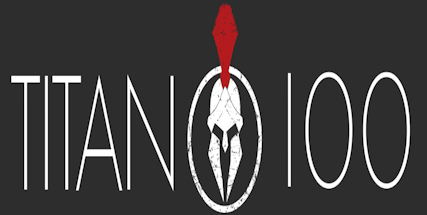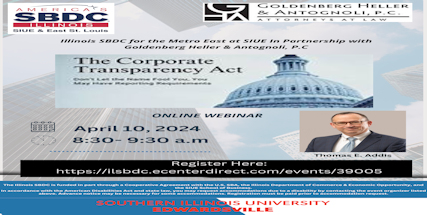On March 20, 2024, the United States District Court for the Southern District of Illinois granted preliminary approval of a $1,175,000 class action settlement with one of three defendants in the lawsuit called Stauffer v. Innovative Heights Fairview Heights, LLC, et al., Case No. 3:20-cv-00046-MAB (S.D. Ill.). Attorneys Kevin P. Green, Richard S. Cornfeld, Thomas… Continue reading →
On March 20, 2024, the United States District Court for the Southern District of Illinois granted preliminary approval of a $1,175,000 class action settlement with one of three defendants in the lawsuit called Stauffer v. Innovative Heights Fairview Heights, LLC, et al., Case No. 3:20-cv-00046-MAB (S.D. Ill.). Attorneys Kevin P. Green, Richard S. Cornfeld, Thomas C. Horscroft, Daniel S. Levy, who have been litigating this case for nearly five years, were appointed as Class Counsel for the Settlement Class.
If you scanned your fingerprint into a computer system as part of your employment at a trampoline park or other similar entertainment center in Illinois between April 29, 2014 and March 20, 2024, you may be entitled to a payment from a class action settlement.
The Lawsuit is against multiple defendants asserting violations of the Illinois Biometric Information Privacy Act (“BIPA”). One of the defendants is Pathfinder Software, LLC doing business as CenterEdge Software (“CenterEdge”). CenterEdge supplies businesses in Illinois with point-of-sale systems that include a fingerprint scanner that allows the businesses’ employees to do things like clock in or out of work. The lawsuit alleges CenterEdge violated BIPA by collecting and possessing fingerprint data from people who used a fingerprint to access CenterEdge systems in Illinois without providing the required disclosures and obtaining written consent.
CenterEdge has agreed to establish a Settlement Fund in the amount of $1,175,000 to resolve these claims against CenterEdge. The Court did not decide whether CenterEdge violated the law and CenterEdge denies any violation of the law.
The Settlement Class consists of two groups of people.
__________________________________
GROUP 1
The first group consists of specific individuals who have been identified from information obtained in the Lawsuit as having scanned one or more fingers into a CenterEdge system in Illinois between April 29, 2014 and March 20, 2024. People in the first group do not need to file a claim or take any action to receive their settlement payment.
__________________________________
GROUP 2
The second group consists of all persons who, at any time from April 29, 2014, through March 20, 2024, scanned one or more fingers into a CenterEdge system at any of the following Sky Zone Trampoline Park locations:
- Sky Zone in Elmhurst, IL;
- Sky Zone in Aurora, IL; or
- Sky Zone in Joliet, IL.
People in the second group will need to file a claim to receive their settlement payment. In the claim form, people in this group will provide contact information and verify that, on at least one occasion between April 29, 2014 and March 20, 2024, they scanned their fingerprint at a Sky Zone Trampoline Park located in Elmhurst, Aurora, or Joliet, Illinois.
You can complete a claim form online. To complete and submit a claim form, click HERE. You will need the Claimant ID listed on the Notice you received.
You can also use the link above to print the claim form and return it to the Settlement Administrator.
The claim form must be electronically submitted or postmarked on or before June 24, 2024.
__________________________________
Members of Group 1 and Group 2 can also opt-out or object to the Settlement. The deadline to do so is June 10, 2024.
The Court in charge of this case still has to decide whether to approve the settlement. Any settlement payments will only be distributed if the Court approves the settlement and after any appeals are resolved. The Court has scheduled a final approval hearing for August 21, 2024, at 10:00 a.m.
The exact number of people in the settlement class and the amount of money each person participating in the settlement will receive will not be known until a later date. At this time, we estimate that Settlement Class Participants will receive approximately $230 to $330 each.
If you are a member of the settlement class, please carefully review the information in the notice that was sent to you. You can also find information and a claim form, at the settlement website https://www.centeredgesettlement.com/.
The attorneys at Goldenberg Heller & Antognoli, P.C. have extensive experience representing clients in complex class action litigation across the country. Please contact us today at (800) 782-8492.









